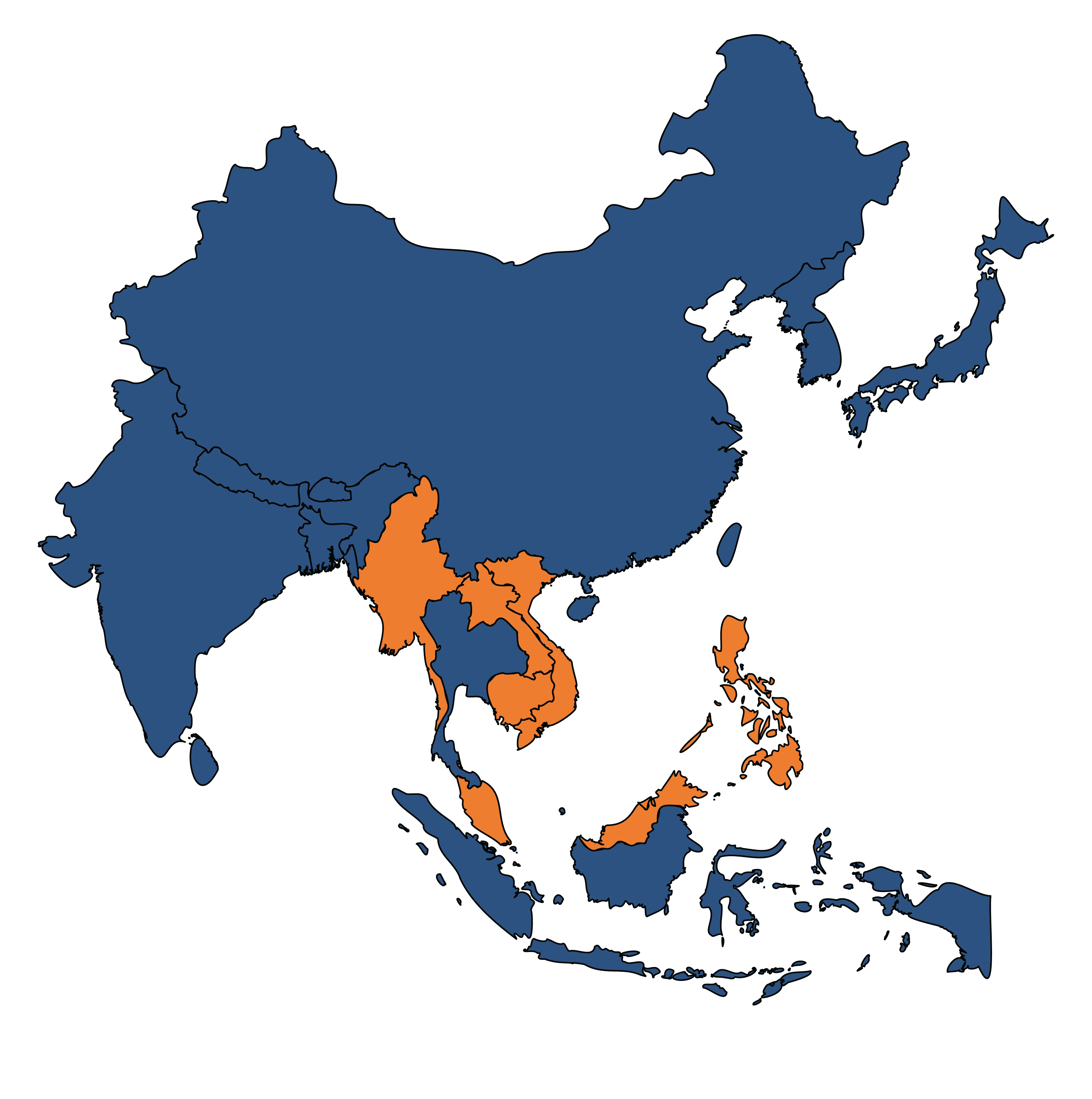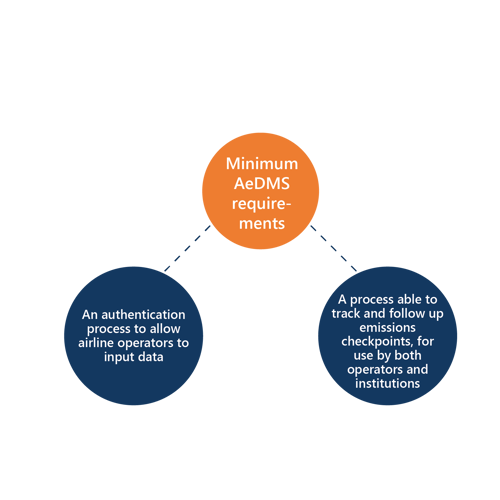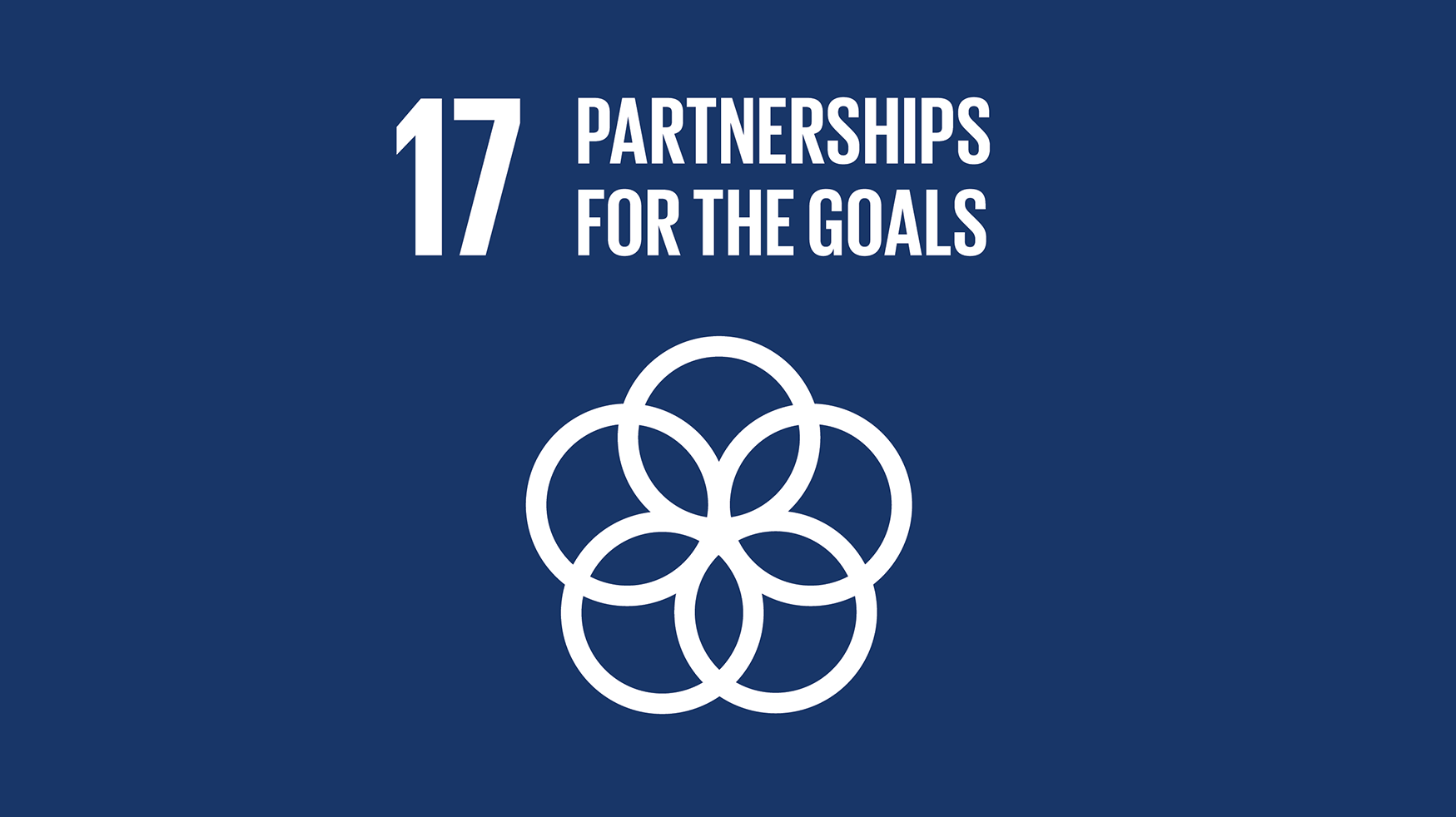
The European Agency for Safety Aviation (EASA) has been providing innovative solutions to manage emissions data to the Association of Southeast Asian Nations (ASEAN) countries through three EU Funded Cooperation Projects:
-
The EU-South East Asia Aviation Partnership Project (APP);
-
The EU-South East Asia Cooperation on Mitigating Climate Change impact from Civil Aviation CORSIA Project;
-
The ARISE Plus Civil Aviation Project (ARISE+).
NTU is proud to be part of these efforts, providing support, among other things, to the ASEAN Member States in the development of digital tools regarding environmental protection and climate change actions in the civil aviation sector, such as the Aviation Emission Data Management Systems (AeDMS) developed between 2019 and 2023.
ASEAN Member States that received support to design and implement the AeDMS were: Brunei, Cambodia, Laos, Malaysia, Myanmar, Philippines, and Vietnam.

Implementation
Actions undertaken have focused on providing digital solutions to ASEAN Civil Aviation Authorities (CAA) and Directorates General of Civil Aviation (DGCA) to manage emissions data through the AeDMS. The importance of AeDMS stems from the main challenges in working with climate change: collecting data and linking data collection systems to avoid duplication of efforts and ensure the accuracy of information. The AeDMS is used to manage, analyse, and generate reports on environmental data collected from aircraft operations. Airlines, airports, and regulators use it to monitor fuel consumption and emissions, enabling more effective strategies to minimise aviation’s environmental impact. The system supports compliance with local and international environmental regulations by providing data-driven insights and generating reports for regulatory bodies. It integrates data from various sources, such as aircraft and ground operations, and offers continuous monitoring to optimise fuel efficiency, minimise emissions, and improve sustainability.
NTU’s work involved assessing IT infrastructure to ensure data capture readiness and emissions monitoring. Support in software development, covering database structure, data analysis modules, user interfaces, and security systems. A key achievement was implementing the minimum AeDMS requirements, allowing airline operators to authenticate, input emissions data, and track checkpoints. This system, compliant with ICAO guidelines, enabled CO2 emissions monitoring from international aviation at the state level.
Assistance was also given in designing procedures for reporting Available Tonne Kilometres (ATK) and Revenue Tonne Kilometres (RTK), and monitoring CO2 emissions from domestic aviation. A cloud-based database was developed for easier data management. Technical training and ad-hoc workshops were conducted to support staff in processing emissions data and complying with established AeDMS procedures. Efforts to scale up AeDMS functionalities ensured compliance with new CORSIA requirements and improved database performance.
Impact
The AeDMS system enables monitoring and inspecting emissions from the aviation industry to reduce their environmental impact and facilitate better decision-making.
-
Developed environmental database management systems in ASEAN states, in compliance with ICAO and in particular with CORSIA, ensuring improved monitoring and management of aviation emissions
-
Contribution to the increased sustainability of air transport by facilitating the reduction of carbon emissions from civil aviation, helping the sector meet global environmental goals.

SDGs:




